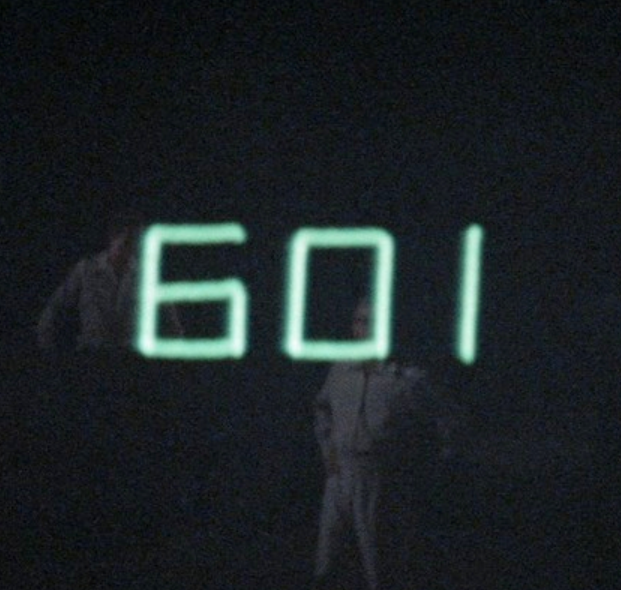
Vancouver, BC, Canada
- 0 Posts
- 27 Comments
I am both a (T-)SQL expert and a language design enthusiast. IMO, SQL the language is mediocre in its grammar and extremely resistant to cleanliness. Once you get past that, the things you can actually do with it are extremely useful.
I’d love for a better syntax to exist, but it’s a Herculean task to make one. Modern SQL dialects have gargantuan, labyrinthine grammars, and they grow with each new product version. It’s a lot easier to keep adding to that than to build a feature-complete replacement. This is also the reason why most ORMs are so frustratingly limiting: it’s too much work to support the advanced features of one SQL dialect, let alone multiple.


I’m ready for it to pop and the consequences thereof. I know I will have to shoulder some of the burden. Too bad that businesses love to privatize gains and nationalize risks, but that’s the mess we’re in.
To copy another of my comments, I don’t buy this “but the economy” line. It smacks of “too big to fail”, and I think that occasional failure is necessary and healthy.
I have listened since the time it was the Engadget podcast, then This Is My Next, then the Vergecast. Yes, it’s fluff and not deep technical info, but it’s really useful for keeping up with the overall zeitgeist of the tech industry. Also it’s often funny. It’s a nice, refreshing thing to listen to while making coffee on a Friday.
C derivatives are similar in terms of things like imperative control flow, lower-case keywords like if, mostly insignificant whitespace, { }-delimited blocks, etc., but they can be vastly different in terms of features, semantics, idioms, and typical use cases.
It’s like how non-programming languages can use the same Latin alphabet but be vastly different in terms of grammar and culture.





Enjoying it, and time.